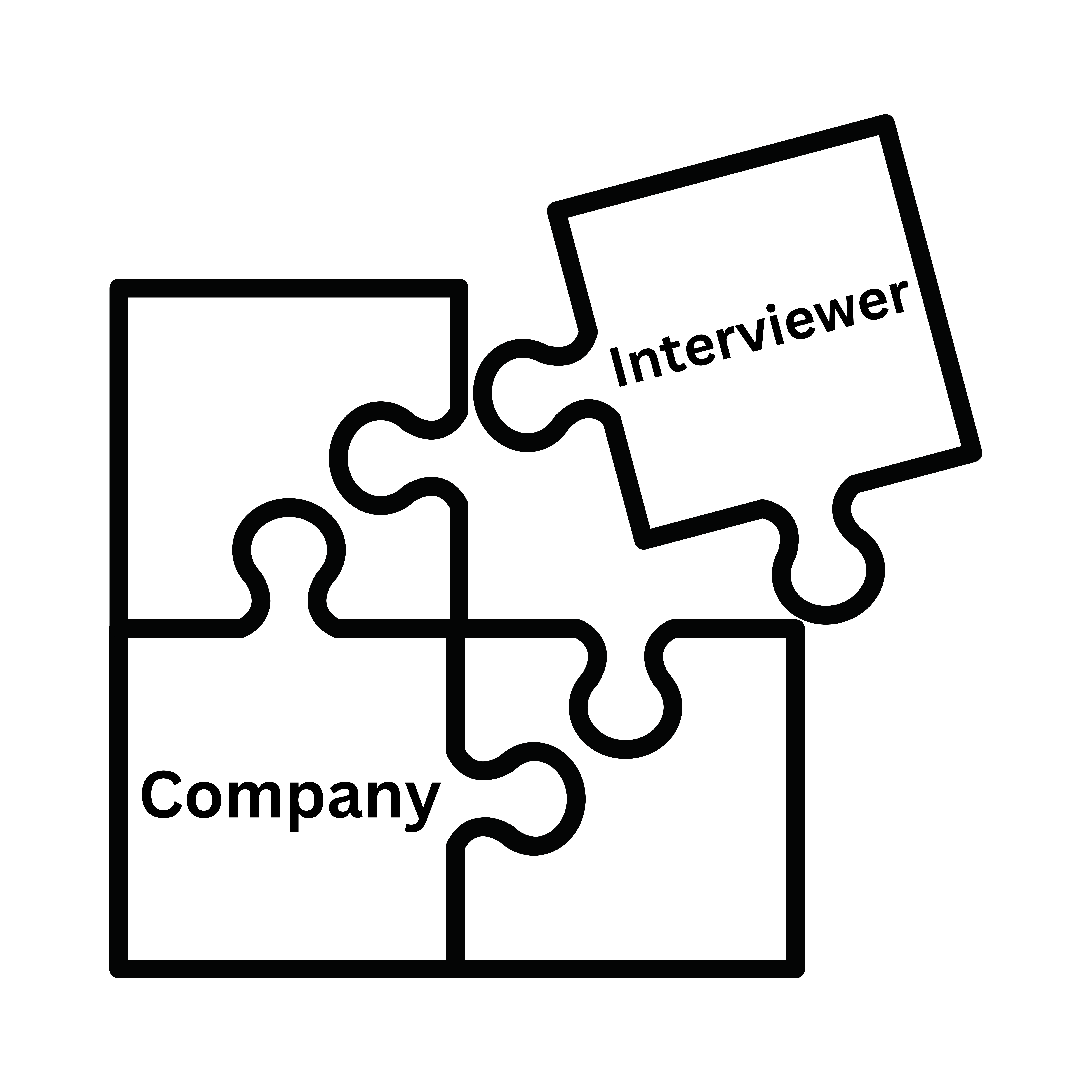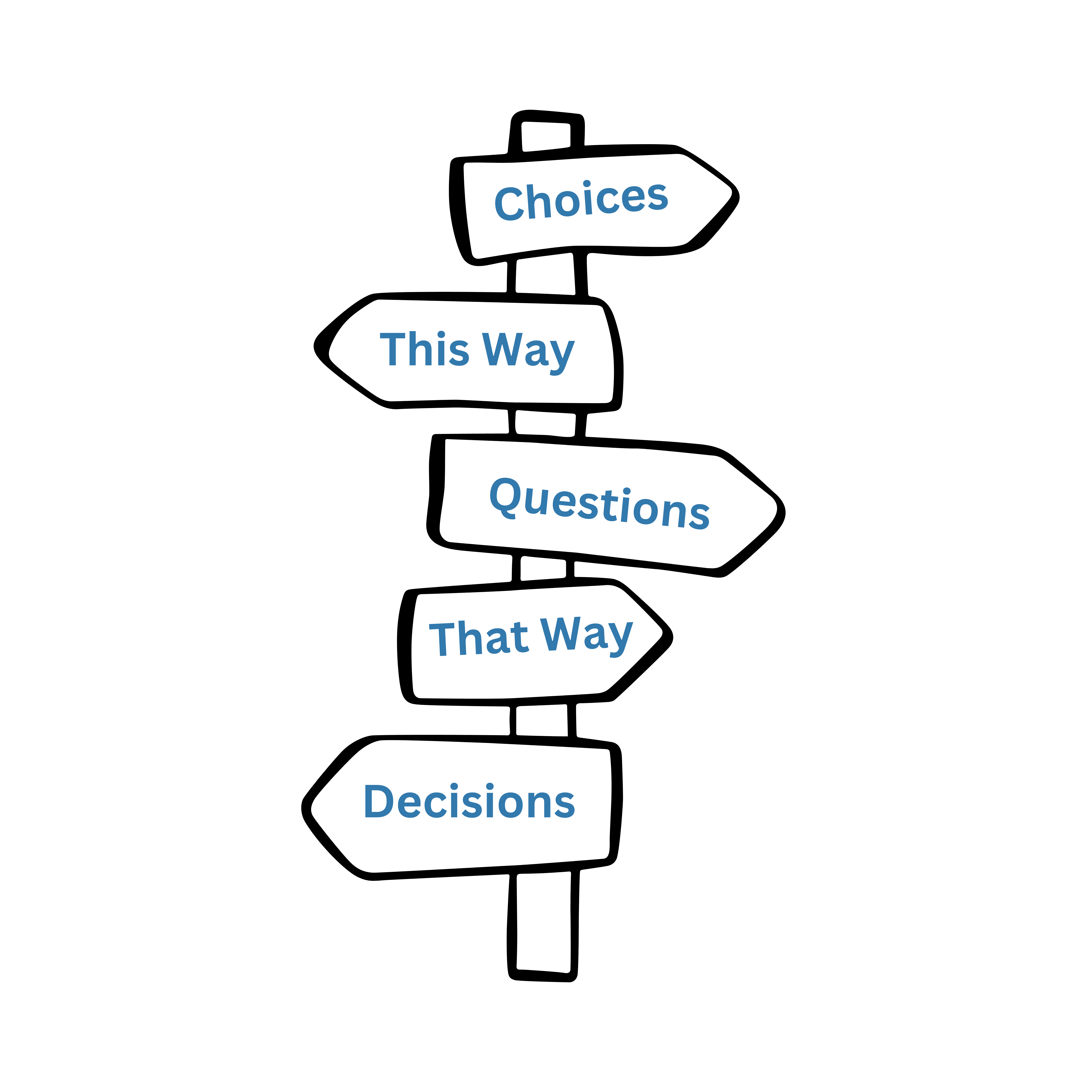Join me...
This site displays advertisements and I may receive a small commission if you interact with them.
Acing Your CV – Do’s and Don’ts
CV: from the Latin: Curriculum Vitae
(translation: “course of life”),
also referred to as a ‘Resume’
Hi,
I’m Alix and it’s my mission to help as many of the next generation as possible work in careers that meet their passion and purpose, making them happy and fulfilled adults.
Join me in making sure you’re one of them by acing your basic CV…
A CV is a short, written list, of your education, qualifications, skills, experience, previous occupations, and achievements so far.
The cover letter that you send with your CV is your first 'conversation' with a prospective employer and in my related article ‘Acing your cover letter’ we’ll make this as compelling as we can.
However, your CV will make an employer decide, based on its contents, whether that conversation continues on to the interview stage.
Making the right impression with both is critical.
So, grab a snack, and read on for hints and tips to ace your CV and let’s get you to the interview stage...snack

Why you need a CV…
When applying on-line for apprenticeships/colleges/sixth forms/university/jobs you are likely to be asked to complete an application form, but when writing directly to an employer/college/sixth form/university you may need to send a CV.
As the details for an application form or CV usually consists of the same information, once you’ve written a basic CV, you can cut and paste the information into any application, tailoring it to a specific opening.
Spend time on your basic CV to make sure you haven’t forgotten something important, perhaps omit the one fact that could sway an employer that you’re a perfect fit for the role.
It’s your chance to persuade an employer just why they should hire you.
Why employers ask for CVs…
When employers advertise for employees, they can receive hundreds of applications.

Asking applicants to send in a CV allows them to weed out potential candidates – put aside those who don’t have the critical qualifications for the role - leaving them with a pile of those who do.
For them, it’s about hiring someone who could do the job with the right qualifications and qualities, or even those who may need a little bit of extra experience or training. But, first, they need to weed out those who, for instance, have studied to do hairdressing and the opening is for an electrician – an extreme example, but you get the drift.
The person reading the applications needs to be able to decide quickly who they should interview and sometimes you only have seconds to do make sure you’re one of these.

Note: I worked for an accountancy practice, and we needed a filing clerk. We received a lot of CVs, quite a few from people studying accountancy who, on interview, it became clear that they were using the filing clerk role as a foot in the door, looking to jump sideways into the accountancy side. As we’re a firm of about eight employees and fully staffed this just wasn’t going to happen. We hired one such individual who said she wanted to make extra money while she studied, but this was disingenuous (not quite true) and after a month I was asked about the potential to take on bookkeeping work for us. After about four months, she finally realised it was a no-go and left, so the time spent training her was wasted and we were back to square one. Also, more importantly, her heart wasn’t in the job and after she left, we found multiple filing on the wrong files causing wasted time and effort for all the staff.

While I understand why someone would want to get a foothold in the door, to not put your all into the job you were hired to do was wrong. Whatever job you take you should aim to be the best at it – no matter if you’re a big cog in the wheel of the organisation or someone who works in the background, a smaller cog if you will.
It’s the combined efforts of the cogs working together that makes a company brilliant.

Creating a CV to improve your chances of getting an interview…
A compelling CV can determine whether you are considered for the next stage, the interview and, as the interview is the way to make yourself memorable and give you the chance to persuade them in person that you are the ideal employee, making sure the CV is the best it can be makes total sense.
Once you’ve identified employers you’d like to work for, you can send your CV to introduce yourself.
Each firm may have vacancies that aren't advertised or are being advertised inhouse first. Also, you could be the ideal employee for an opening that comes up the following month and save them the cost and time of advertising externally but only if they know about you.
However, I would caution this can lead to a lot of rejections, or, sadly, no response at all (rude!). Don’t let this discourage you. Your ideal job is out there, you just need to find each other.

To start, a couple of notes:
Layout…
There are many different CV styles. Consider the list below and use the one which best complements where you are in your life or career:

traditional: lists any work and your education history in chronological (date order), starting with the most recent and working backwards

abilities-based or targeted: focuses on your job-related skills and personal qualities

IT and engineering: highlights the skills you have that are important in this industry

creative and digital arts: can link to an online portfolio, a collection or assortment of videos or infographics, or the inclusion of digital tools

academic: used for teaching and research careers
Some of these may apply to later in your career life, so, if you’re early on, create a basic, traditional CV, then tailor it to each job, and add to it as you work up your particular professional path.

Keep your CV concise (to the point) so that your important skills don't get lost in a muddle of less-relevant detail.
Use an easy-to-read font like Arial or Times New Roman,
|
Arial |
Times New Roman |
size 12 and be consistent (keep the same font throughout).
Also use headings and spacing to make it easier to read, setting lists of facts out as bullet or numbered points:
- Lists
- Should
- Be set out
- Using bullet points
Type the list, highlight the whole and, in ‘Home’ (at the top of your computer screen), choose from the selection of types of bullet points, be it what I’ve used or numbered or other (not too fancy or unprofessional though), clicking on your choice.
This breaks up the page and draws the reader to important sections.

Your CV should be no more than 2 sides of A4, unless/until it’s an academic CV.
Avoid the overuse of the word ‘I’. I would suggest bashing out everything first, then re-reading it and changing references to ‘I’.
For instance:
‘I worked on a farm for work experience. I learnt how to work well with an employer, I questioned anything I didn’t understand, and I followed their instructions to the letter.’
Can be written as follows:
‘Whilst working on a farm for work experience, I learnt the invaluable skill of how to work well with an employer, questioning anything not clear to ensure the result would be what they needed and making sure to follow their instructions.’

Avoid the use of irrelevant information. A potential employer does not need to know your family history or how many siblings you have, they’re interested in your suitability for the position and could put aside CVs that waffle about things not useful for the role.
Remember, on average, a prospective employer screens a CV for less than 10 seconds.

For your ease, I’ve created a ‘traditional’ CV using the point at which I had finished my ‘A’ levels. It’s just a visual example, which, I warn you, will include, for instance, assisting a milkman (no, don’t laugh I really did) which showed my commitment in getting up pretty early.
It can be printed from the ‘FAQ’s, Fun, Facts and Printables’ section of this website.
And now, let’s get started on making your CV make a good impression, memorable for all the right reasons.
The basics…
Start with the basics.
I suggest you write one-overall, traditional, CV covering all the basic information and your skills to date which can then be played with (tailored) to fit each job.
Contact details…
First, you’ll need to provide details for employers to get in touch with you if they want to offer you an interview so let’s cover that straight away.
At the top of the page state your:
- name – you don’t need to write 'CV' or ‘Resume’
- a phone number where employers can get hold of you during working hours
- an email address
If you have one, you can also provide a link to any professional networking profile, like LinkedIn. Do not include personal profiles, an employer seeing you not dressed for the office or partying with a lot of drink involved may not be the first impression you want to give.

Personal profile…
You do not have to include your age, date of birth, marital status, or nationality, but add a few short lines showing who you are and what you hope to do. This should slip in just under your name and contact details.
Education history…
Next, gather together the facts:
- your qualifications (GCSE/A level grades or predicted grades)
- list the school, college or university you attended, include dates
- include any specific training courses
These are basic details so no waffle.

Work history…
Here, you include part-time work, placements, internships, work experience, volunteering, and any employment you’ve had. List these with the most recent first, and include:
- the employer’s name
- the job title
- dates
Now it’s time to get creative. Over 2-3 lines, add your duties to highlight the strengths and skills learnt, specifically any that can relate to the job you’re applying for. Use active words like:
- organised
- designed
- planned
- created
- formed
- produced
- built
- managed
- directed
- administered
Keep sentences simple and only include important information.

Focus on skills and duties that make you a good fit for the job, and roles that back up your suitability for the job you’re applying for.
Hobbies, interests, or achievements…
This section is useful if you’re just starting out and do not have much work experience, giving you the chance to show talents beyond grades.
It’s an ideal opportunity to demonstrate skills learnt through your hobbies and interests. But remember that this is a professional document, keep personal information out of it, don’t include a photo, instead focus on using positive words. No negativity.
Focus on examples that show you have the relevant skills for the job rather than your love of playing cards. While it doesn’t matter if you like to play cards - unless you’re applying for a job in a casino - employers look for team players so adding you play football or netball implies you can work as a team player and can show you’ll fit in.

State your long-term goals, but only in reinforcing how these are going to align with the prospective employer’s business needs.
For instance, if you want to be a writer like I (always) aspired to and are applying for a trainee secretarial course, you could write how you want to eventually become a personal assistant, having mastered secretarial duties, avoiding the fact that you’d rather write for a living. The secretarial role would expand my knowledge and vocabulary, also giving me time to read extensively as I travelled to and from work – all research.
Again, if you want to run your own accountancy firm, you could focus on how you plan to progress to (either) become a tax manager (these cover people’s personal tax returns) or accountancy generally (these also include doing company accounts), or move into the specialised area of auditing.
References…
Add a sentence to say you’ll supply references on request.
The interviewer will ask for these when you get through to the next stage.

White lies…
I hope it goes without saying that you should never lie or exaggerate your skills or previous job titles.
Of course, it’s natural to want to show your best, but keep it real.
Exaggerating your experience will show (eventually, if not right now) and you don’t want to get to the stage of being offered a job subject to good references and have a previous employer correct you.
Employees do homework on you, so keep it truthful with nothing to trip you up.

This will create much less stress on the whole process (fearing being caught out) and on your first day when you could be asked to do something you can’t but said you could.
You don’t want to be offered a job with the security that could give you, then be told it was a mistake should the company uncover something you mislead them about.
Note: Never, ever, bad mouth a previous employer or colleague. Either in a CV or at interview. Concentrate instead on what you bring to the job, not what you’re leaving behind. Stay focused on the (your) future.
Searching for your niche…
If you’ve held a lot of different jobs, it can imply you’ve yet to find your niche and can be a no-no for an employer as they may not want to spend time training someone who may leave after a couple of months.
So, where you’re still looking for your niche, the job that holds your interest, the one you want to go to work to do, focus on what you’ve learnt from each of the positions you’ve had or the courses you took and use the above active, positive words to describe these.
Note: if you haven’t found your niche, read my book ‘I am Choosing my Options’ which is due to be published on 16 August 2024.
Per my mission statement, I want everyone (you) doing a job that inspires and excites them (you).
The book explains how identifying your passion and purpose will lead you to the path of your highest potential, making you an inspired and happy adult.

But I digress, the fact is employers generally look for long-staying employees (unless it’s for temporary, contractor or freelance positions) as the time taken to train new starters can be extensive.
So, where there are gaps in your work history, give examples of skills you’ve worked on during this time, or detail how your time was better spent studying for your exams.
Circumstances change as you grow older and, if you’re now looking for a fulltime position, (perhaps you’ve just bought a house or got married and need the security of knowing a regular income is coming in) whereas before you were happy trying different jobs, make sure you state this.

If this isn’t on your CV you may not get the chance to attend for interview and explain it in person so work it in.
There is an argument that staying in one job for years can mean you aren’t appreciated and, whilst this is a point to consider, it’s not a ‘good’ reason to put in your CV, so it’s a no-no.
In future articles (you just knew I’d be writing ones didn’t you???) I’ll cover how to deal with this, along with hints and tips on working and how to make yourself indispensable.
But I digress, again, so now let’s focus on…
Final steps…
Use a spelling and grammar check and read your resume the next day ie let it settle overnight. Give yourself a chance to remember anything else that might be important.

Check for any overuse of the word ‘I’, ‘I did this’, and/or ‘I did that’ over and over, use your words.
Next get someone else to read it through, double checking your spelling and grammar and, again, for the overuse of the word ‘I’.
Save a backup copy and save it as a PDF ready to email.
Note: I am long-term stayer at firms. The floppy disc I saved my CV on before my current job no longer works in today’s computers as technology has moved on, so I would suggest keeping a printed copy in your safe ready to build up as you move on. It’ll stop you having to search for dates when you move jobs!
A good CV will enhance your chances of getting the job you want. It may be the first step on the ladder to your ideal position so it’s worth the time you devote to it.
And next we’ll cover the covering letter.
I know you can achieve what you want and get the job that’ll make you jump out of bed to do and I’ll support you all the way.
Let me know how you get on, I’d love to hear from you.
Good luck!
